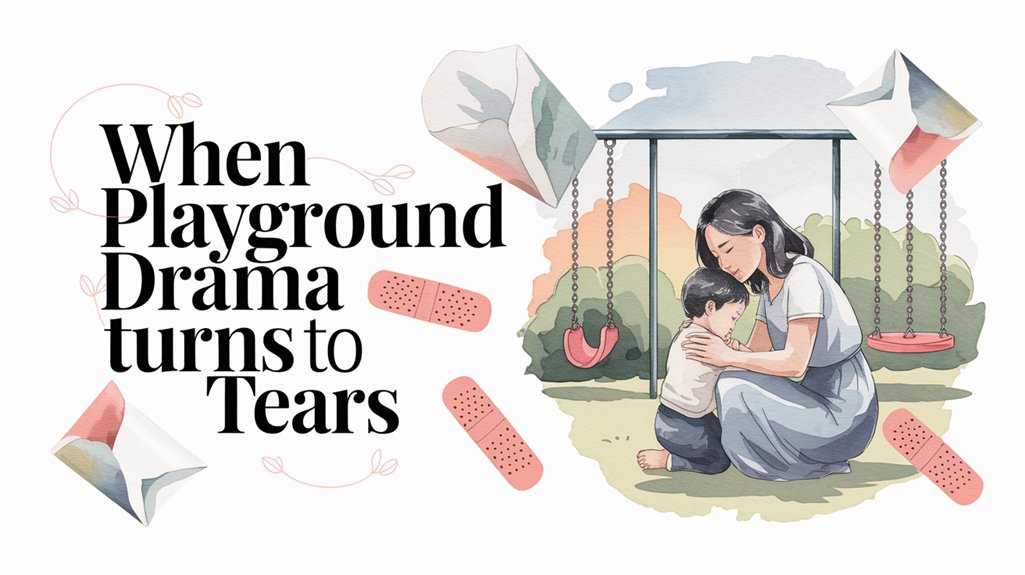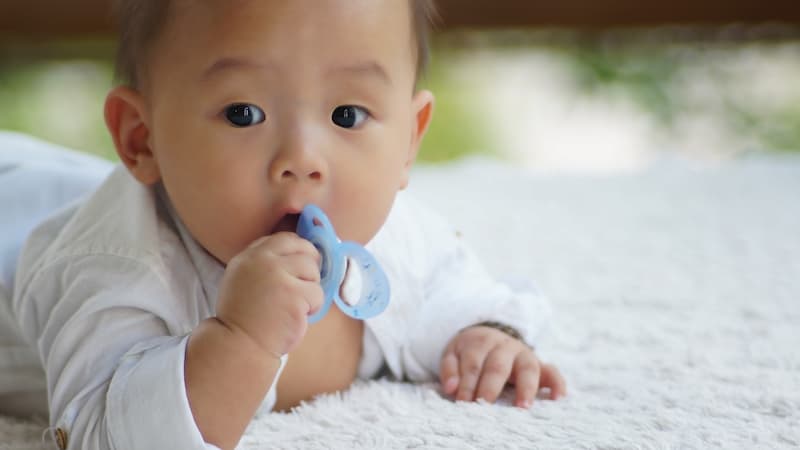Navigating social interactions in play areas can be challenging for both toddlers and parents alike. When our little ones experience rejection or aggression from peers, it can leave us feeling helpless and emotional long after the incident has passed.
A Parent’s Concern
Recently, I took my 18-month-old daughter to a local playground, and she was having a wonderful time exploring after not visiting for several weeks. While she was attempting to climb one of the slides, another toddler around the same age approached her and blocked her path. My daughter became frightened and immediately ran to me for comfort. The caregiver of the other child asked if the girls could play together, and I agreed, thinking it might be a good opportunity for social interaction.
Unfortunately, when my daughter ventured back to play, the other toddler charged toward her with what seemed like intense anger and scratched my daughter’s face, leaving visible marks. My little one was understandably upset, crying from the pain and refusing to return to the playground equipment.
Hours later, I found myself still dwelling on the incident, feeling a mixture of guilt and sadness. I keep questioning whether I should have been more protective by keeping her away from this aggressive child. As her father, I feel I failed to shield her from harm, and I’m struggling to process these emotions and move forward.
Our Parenting Guidance
First and foremost, please know that these interactions between toddlers are completely normal, though certainly distressing. Your protective instinct and emotional response shows how deeply you care for your child’s well-being. Let’s explore how to navigate these situations and process your own feelings.
Understanding Toddler Behavior
At 18 months, children are just beginning to develop social skills but lack the emotional regulation and communication abilities to express themselves appropriately. The other child’s behavior, while concerning, is developmentally typical. Many toddlers go through phases of territorial behavior or may express frustration through physical actions because they simply don’t have the words yet.
This doesn’t make the scratching acceptable, but understanding that it wasn’t personal or malicious might help ease some of your distress. What appeared as anger was likely frustration stemming from limited communication skills.
Responding in the Moment
When these situations occur, try these approaches:
- Calmly and firmly state, “Gentle hands, please. We don’t hurt our friends,” while physically separating the children if needed
- Comfort your child first, acknowledging her feelings: “That must have hurt. I’m sorry that happened.”
- Model appropriate behaviour by staying calm yourself
- Consider suggesting a parallel play activity where both children can participate without direct interaction
In Singapore’s busy play areas, especially in places like Pororo Park or Kidztopia, having a quick exit strategy can be helpful when interactions turn negative.
Building Resilience Together
This experience, while painful, offers an opportunity to help your daughter develop resilience:
- Talk through what happened in simple terms: “That girl was feeling upset and didn’t know how to tell you.”
- Validate her feelings: “It’s okay to feel sad when someone hurts you.”
- Practice gentle touches at home and role-play friendly interactions with stuffed animals
- Read books about friendship and sharing, many of which are available at our public libraries
Managing Your Own Emotions
Your feelings are completely valid. Many Singapore parents experience similar emotions, especially given our high expectations for protecting our children. Consider:
- Speaking with your partner or a trusted friend about your feelings
- Practicing self-compassion—you responded appropriately in a difficult situation
- Recognizing that allowing your child to experience some difficult social interactions (with your support) helps build important life skills
A Few Kind Reminders
Remember that you’re doing an excellent job as a father. Your daughter will encounter challenging social situations throughout her life, and your loving presence during these early experiences teaches her that she has a safe place to land when things get tough.
In Singapore’s competitive environment, it’s easy to feel that every interaction must be perfect, but childhood is a journey of learning—for both children and parents. What matters most is that your daughter knows you’re there for her, helping her process these experiences and grow from them.
These feelings you’re experiencing will pass, and both you and your daughter will be better prepared for future social interactions.







